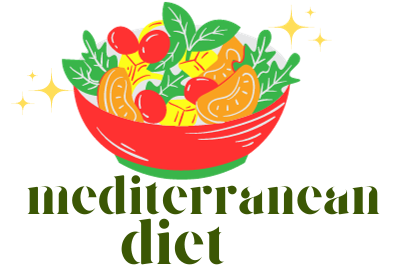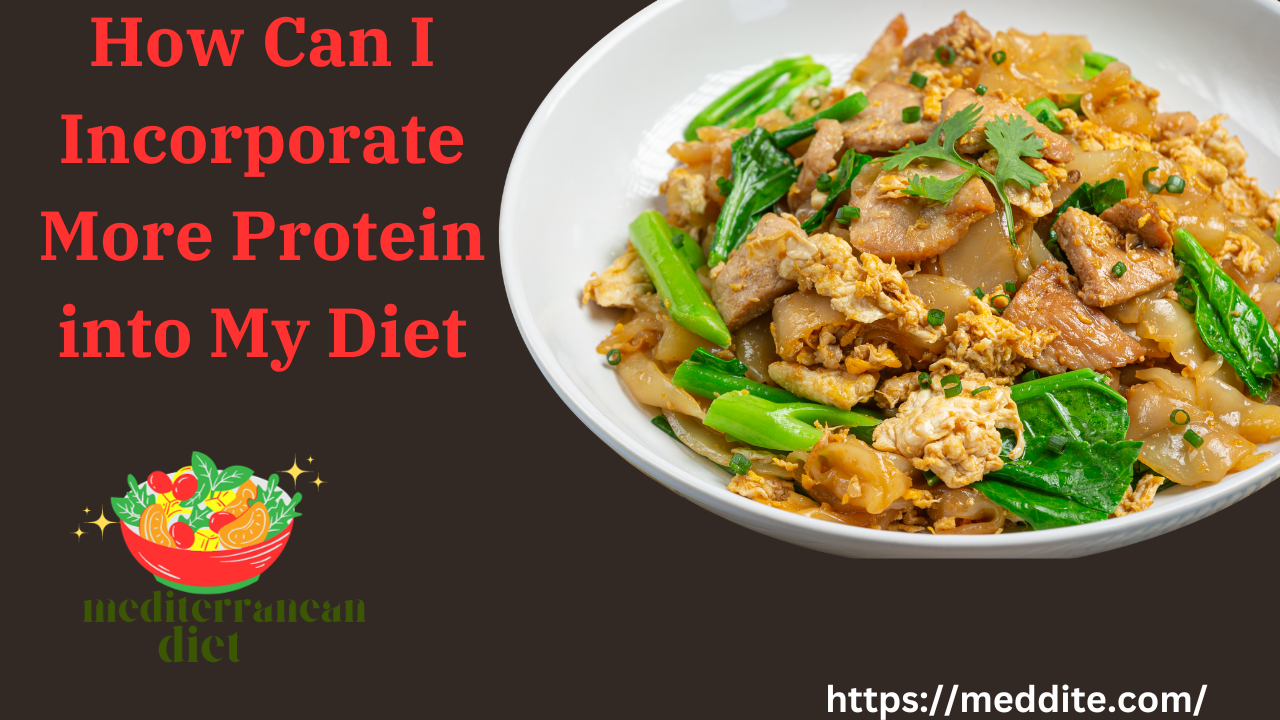In today’s fastpacked world, maintaining a healthy diet is crucial for overall wellbeing. One key aspect often emphasized by nutritionists and health experts is the incorporation of sufficient protein into our daily meals. But how can you ensure that you’re getting enough protein? This comprehensive guide will provide you with expert tips and insights on incorporating more protein into your diet for a healthier lifestyle.
Table of Contents
Benefits of Protein in the Diet
Protein plays a vital role in our body’s functions, serving as the building blocks for muscles, tissues, and organs. It also aids in weight management by promoting satiety and boosting metabolism.
Types of Proteins
There are various types of proteins, including complete proteins found in animal products and plant based proteins that offer essential amino acids.
Importance of Protein in Health
Protein is essential for maintaining muscle mass, supporting immune function, and promoting healthy skin, hair, and nails.
Sources of Protein
You can obtain protein from a variety of sources such as lean meats, poultry, fish, legumes, nuts, and seeds.
Daily Protein Requirements
Understanding your daily protein requirements based on factors like age, gender, activity level, and health goals is crucial for meeting your nutritional needs.
Proteinic Foods
Incorporating proteinic foods like eggs, Greek yogurt, quinoa, and tofu into your meals can help you achieve your daily protein intake goals.
Factors Affecting Protein Intake
Several factors, including dietary restrictions, lifestyle choices, and cultural preferences, can influence your protein intake.
Importance of Protein in Health

For those following vegetarian or vegan diets, plant based protein sources such as lentils, chickpeas, temper, and soy products are excellent choices.
Protein and Weight Management
Proteinic diets have been shown to aid in weight management by reducing cravings, promoting fullness, and preserving lean muscle mass.
Meal Planning for Protein Intake
Planning balanced meals with a combination of protein, carbohydrates, and healthy fats ensures you meet your nutritional needs while enjoying delicious and satisfying meals.
Protein and Muscle Building
For individuals looking to build muscle, consuming adequate protein alongside a structured exercise regimen is essential for optimal results.
Protein Supplements
While whole foods should be the primary source of protein, protein supplements such as whey, casein, and plant based powders can be convenient additions to support your protein intake.
Protein and Recovery
Protein plays a crucial role in postworkout recovery, helping repair muscle tissues and replenish energy stores.
Protein in Different Diets
Whether you’re following a pale, keno, or Mediterranean diet, there are plenty of proteinic options to fit your dietary preferences and requirements.
Protein and Overall Health
Incorporating more protein into your diet not only supports physical health but also contributes to overall wellbeing and vitality.
FAQs
Can I get enough protein from plant based sources alone?
Yes, by including a variety of plant based proteins such as legumes, tofu, and quinoa, you can meet your protein needs.
How much protein should I consume per day?
The recommended daily allowance for protein varies based on factors like age, gender, and activity level. Consulting with a nutritionist can help determine your specific needs.
Are protein supplements necessary?
While whole foods should be the primary source of protein, supplements can be beneficial for individuals with increased protein requirements or specific dietary needs.
Can protein help with weight loss?
Yes, protein rich diets can aid in weight loss by promoting satiety, preserving lean muscle mass, and boosting metabolism.
What are the risks of consuming too much protein?
Excessive protein intake can strain the kidneys and may lead to dehydration. It’s important to consume protein in moderation and balance it with other nutrients.
Are there any plant based protein sources that contain all essential amino acids?
Yes, soy products such as tofu and temper are complete proteins that provide all essential amino acids.
Conclusion
Incorporating more protein into your diet is a key aspect of maintaining a healthy lifestyle. By choosing a variety of protein rich foods and balancing your meals, you can ensure you’re meeting your nutritional needs and supporting your overall health and wellbeing.



